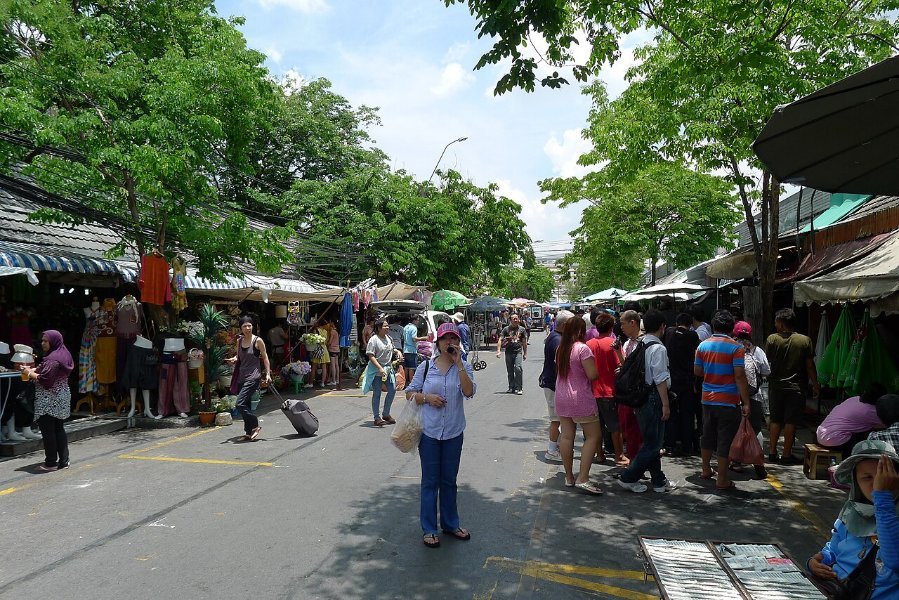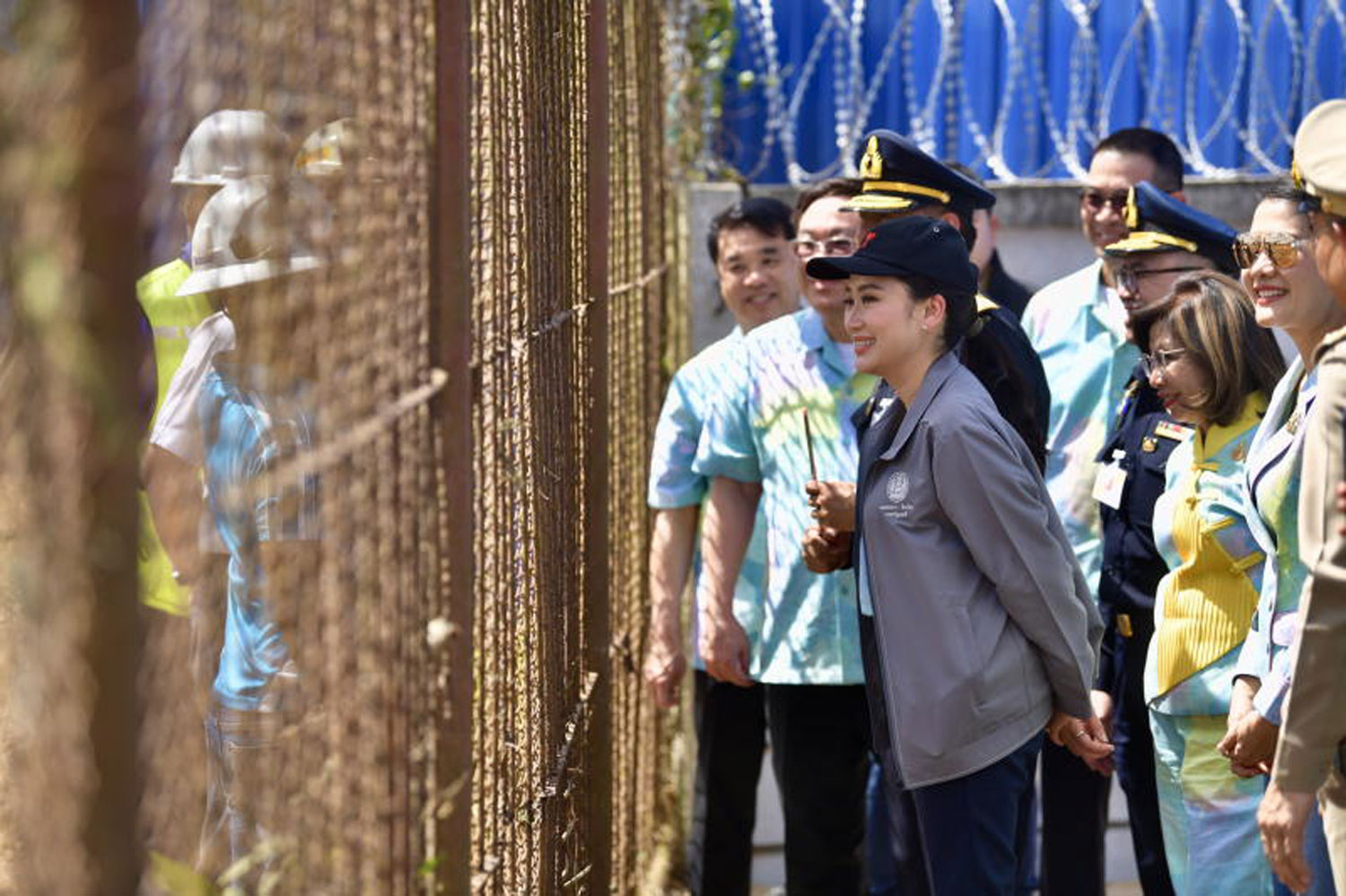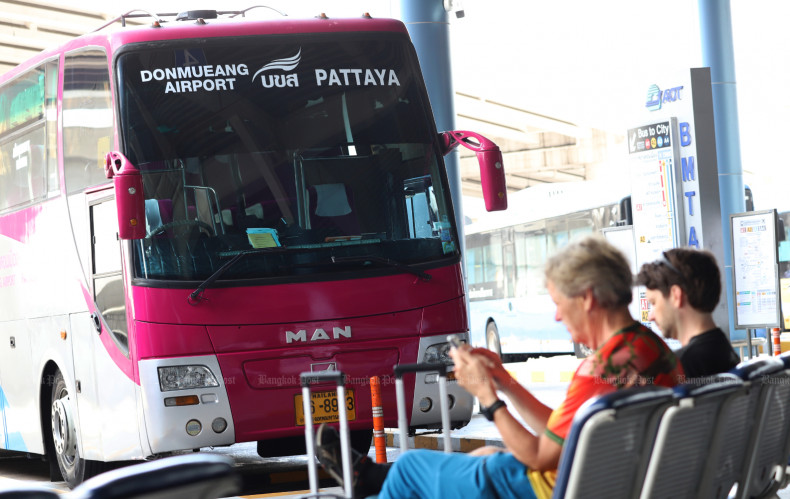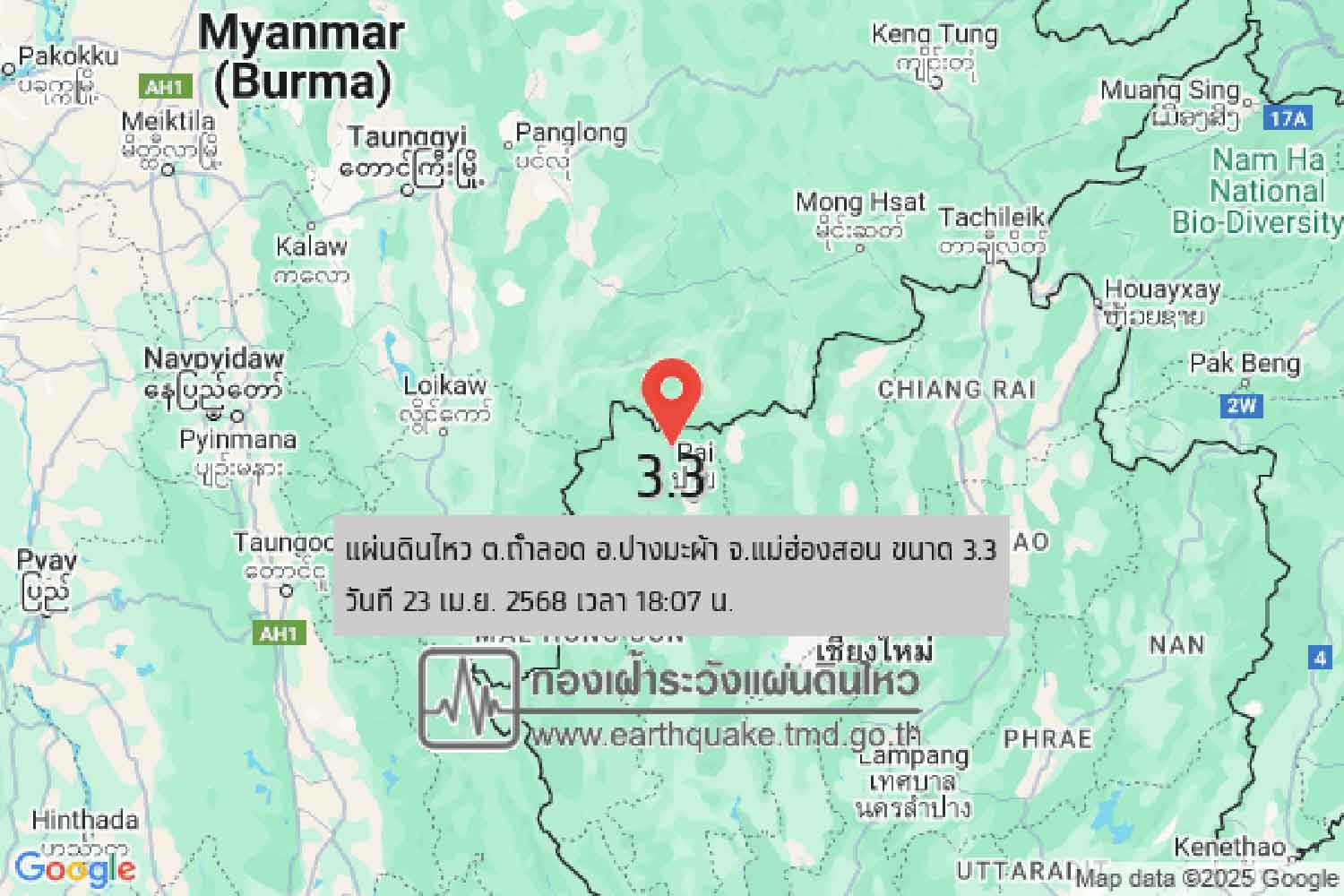Deadline Looms for Stallholders
Market Office Announcement
Hundreds of vendors at Chatuchak Weekend Market have been given until April 30 to relocate their stalls to accommodate planned redevelopments. The Bangkok Metropolitan Administration’s (BMA) market office issued the instruction, setting the stage for significant changes at the popular market.
Suksan Kittisupakorn’s Explanation
Transparency and Development
Suksan Kittisupakorn, the market office chairman, addressed the media alongside other senior officials at the BMA head office to explain the decision. The briefing aimed to clarify issues surrounding the market’s management, the non-renewal of contracts for 529 stalls, and the vision for the market’s future development.
Addressing Allegations
Rent Collection Concerns
Mr. Suksan also responded to allegations that the market office had failed to remit rent collected from vendors in Project 30 and the clock tower area to the BMA between 2019 and 2023. He insisted that all rent payments were properly receipted and handed over to the finance section, refuting any claims of irregularities.
Stall Fees and Covid-19 Impact
Financial Transparency
Suksan clarified the monthly stall fees, noting that permanent stalls cost 1,800 baht per month, green stalls 1,400 baht, and plant stalls 900 baht. He acknowledged that revenue had decreased due to the Covid-19 epidemic, which led to uncollected and reduced fees between 2020 and 2024. However, he also pointed out that additional income was generated from management fees and vending fees during 2023-2024.
Contract Cancellations Defended
Rights of the Market Office
Suksan defended the market office’s right to cancel stall rental contracts and reduce fines for late payments, countering criticisms about the severity of the penalties. He emphasized that the fines were not as high as claimed.
Vendors’ Petition
Call for Investigation
Earlier, vendors at Chatuchak market had appealed to Prime Minister Paetongtarn Shinawatra and Bangkok Governor Chadchart Sittipunt, urging them to investigate the market office’s decision to not renew the contracts of the 529 stallholders.
Clock Tower Redevelopment
Improving Market Aesthetics
Suksan explained that the redevelopment of the clock tower area was necessary because the vending areas had become unsightly, and the pathway had been reduced from 19 to 9 meters. Complaints had also been received from shops whose frontages were obscured by stalls, and air circulation was poor. The BMA intends to develop the clock tower area into a new landmark to attract more tourists after the contracts for the 529 stallholders expired on October 31 last year.
Alternative Options for Vendors
Relocation Opportunities
Chatuchak Market director Suthon Suwanpanon stated that evicted vendors could rent empty stalls elsewhere in Chatuchak or move to another market under the City Market Office. He also advised vendors to enhance their marketing strategies to attract more visitors, especially international customers, who comprise 70% of the market’s visitors.









